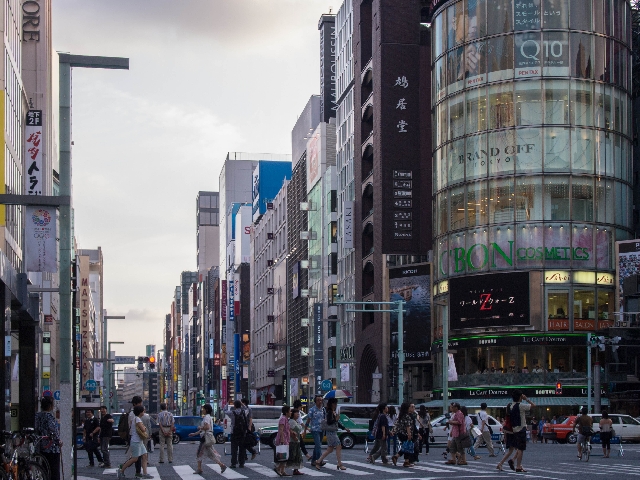Insularity? – The State of Civil Society in Japan (1) Essays: Civil Society in Japan
Posted on October 19, 2015
By Katsuji Imata

“So you are saying it’s quite insular.” My friend David across the table accurately summarized my 5-minute rambling about the state of Japanese civil society. At CIVICUS(*1) during 2008-2012, I traveled around the world to attend many civil society/NGO conferences and met with hundreds of civil society activists and NGO professionals working in development and human rights. In my interactions with them, I was always intrigued by the fact that NGOs have a very competitive job environment, which often requires a post-graduate degree in development, political science or regional studies, a track record in project management or expertise in thematic issues such as gender, health, conflict resolution or other social development issues, and possibly proficiency in two or more UN languages. And I found very few Japanese people in the mix. I myself was there by accident.
I believe that the situation will change in years to come, as many young Japanese these days who study abroad are quite intent on making careers in the social change sector. Yet, it will take some time before we begin to see noticeable changes.
When that happens, what I hate to see are people like myself in the past; Japanese who may have mastered the language of international NGOs, the UN, the World Bank and other international agencies that have regular dialogue with civil society, but who struggle linking this global discourse with what is happening at home.
What I would like to see more of, and what I would like to promote myself, is a kind of cross-pollination of lessons and learning between Japanese civil society and what is happening abroad. Take, for example, the SDGs (Sustainable Development Goals), which were adopted at the UN General Assembly late last month. One of the strong features of the SDGs is their “universality” (ie., they apply to both developed and developing countries), and they include goals that are more or equally applicable to developed countries, such as “achieve gender equality and empower all women and girls” (Goal 5), “ensure sustainable consumption and production patterns” (Goal 12), “conserve and sustainably use the oceans, seas and marine resources for sustainable development” (Goal 14) and others.
However, the SDGs are still not very well known to the Japanese public. This is primarily because, in my view, they are hard to relate to. Someone told me that SDGs will only become “real” for the Japanese nonprofits if and when they became a sort of checkpoint for Japan’s local governments in different regions, which may see them as a useful leverage to set the agenda for community development. Otherwise, they are merely some outside goals which have nothing to do with Japan.
This might symbolize the insularity of Japanese civil society. Japan is unique in that it is not part of the developing world which receives international aid (at least not after the 1960s). Nor is it part of the West which has dictated the development discourse in the post-war era. Worse, whatever the intent might have been (with the “human security” slogan, for example), Japan in the past has not presented itself as a leader that can use its unique history to shape the development debate.
Putting the global discourse aside, I see that Japan has had a unique and interesting path of civil society development in the last quarter century or so (depicted by some notable Japanese civil society followers in the US and other countries). This happened quite independently of the global trend, except that i) Japanese civil society leaders after the 1990s have learned a lot from the US and the UK and incorporated key lessons in shaping the new framework that governs nonprofit organizations in Japan; and ii) the unique development of Japan’s civil society from the 1990s onward coincides – no accident here – with what Lester Salamon called the global “associational revolution.”
Be that as it may, Japanese civil society has not produced much written material in languages other than Japanese, thus limiting the breadth and depth of communication outside Japan. This has prevented meaningful interaction and exchange between Japanese civil society and abroad, although some has taken place regarding selected thematic issues such as peace, disability, minority movements and the environment.
But how is Japanese civil society relevant to the rest of the world? This website by JNPOC is going to be a small attempt to explore that question and change the scenery.
*1 CIVICUS: World Alliance for Citizen Participation, for which I have served as Senior Advisor since 2013.
Recent Articles
- Towards a society where children want to embrace life
- The Evolution of Philanthropy: Five approaches shaping contemporary practice
- 25 years of community understanding and moms’ hard work: The activities of Kinutama Play Village
- Connecting memories: Courage found at the film screening of parents’ legal battle after the Great East Japan Earthquake Tsunami
- An NPO project I came across while reflecting on teacher shortages after leaving my teaching job
- To unlock philanthropy’s potential for Japan, we need to understand its meaning